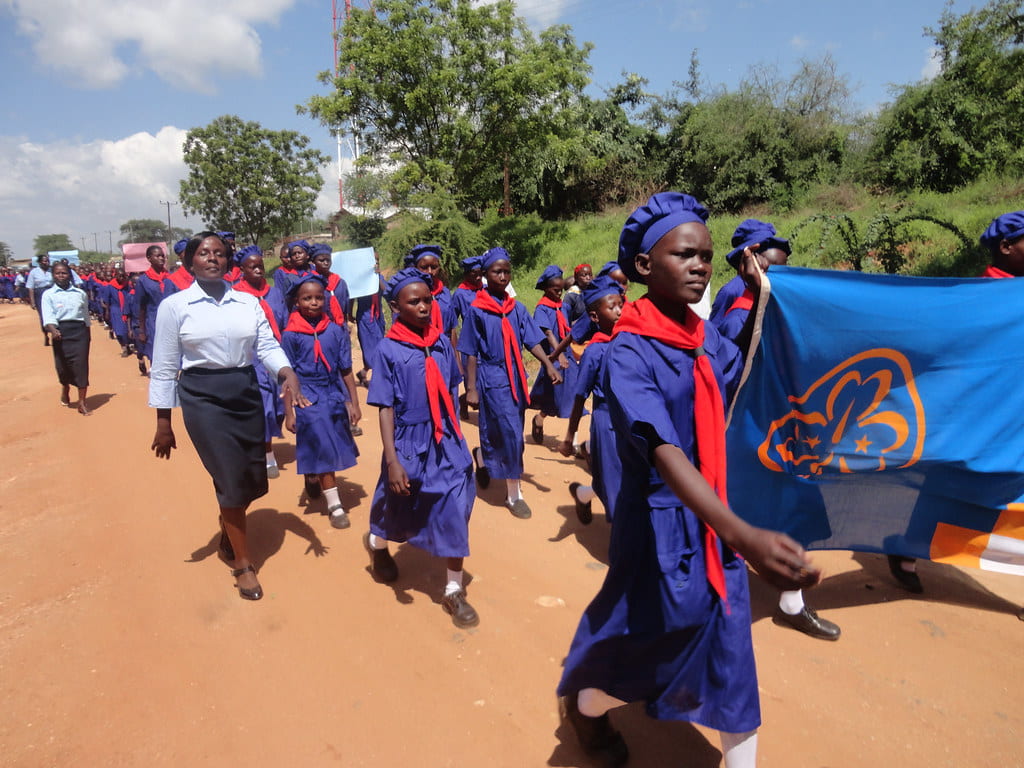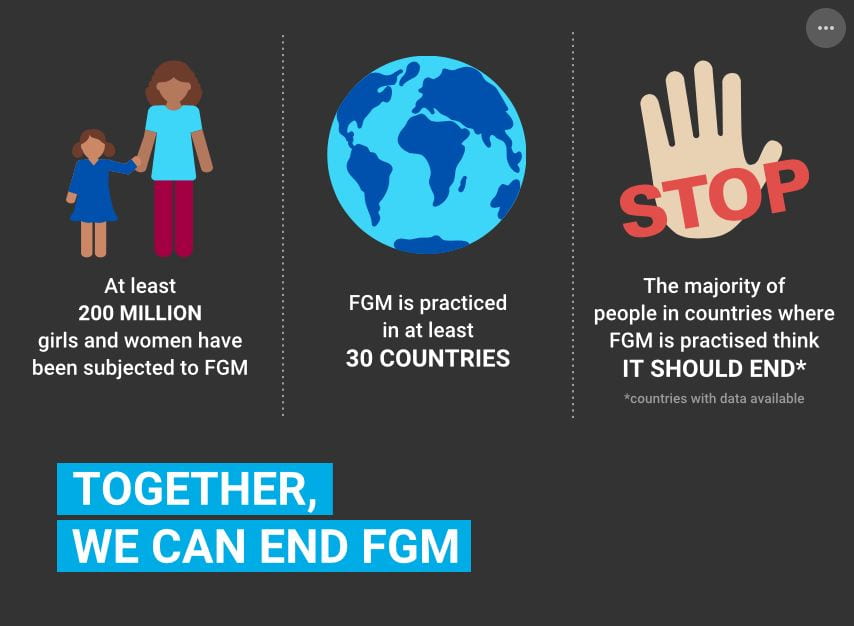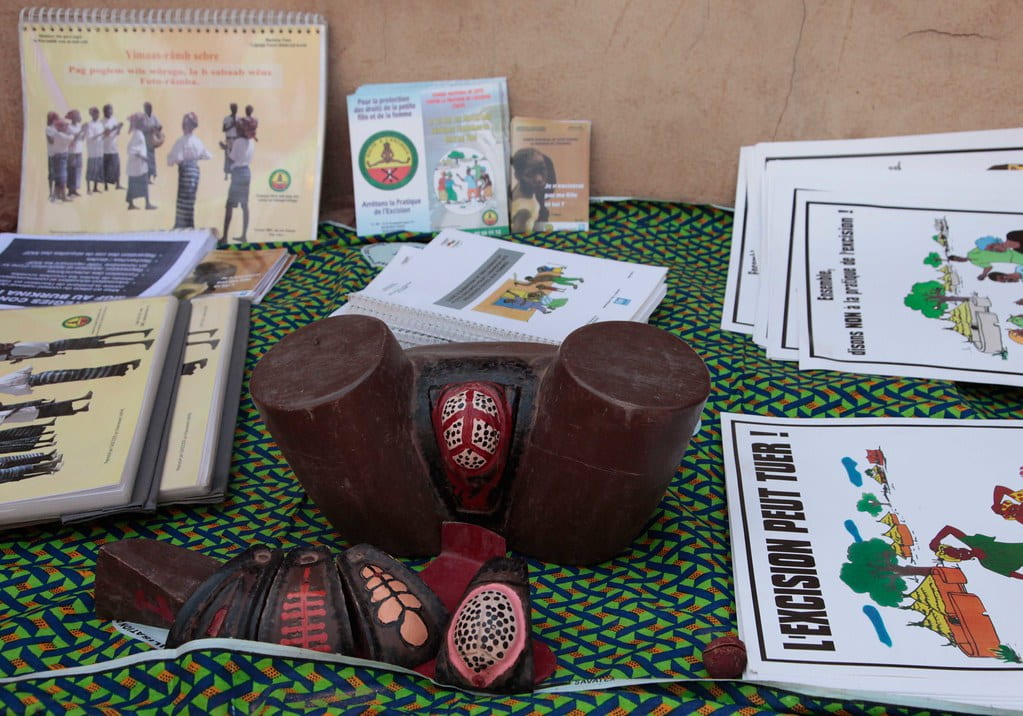by Grace Ndanu

The killing of Corporal Mushote Boma on December 15, 2023, in Elgeyo Marakwet County, Kenya, has brought to light the deeply entrenched issue of female genital mutilation (FGM) and the urgent need for increased awareness and action to eliminate this harmful practice. The tragic incident, where Corporal Boma was stoned to death by a mob of young men after rescuing a group of girls who had been forced to undergo FGM, signifies a significant setback in the fight against this violation of human rights in Kenya.
Female genital mutilation, also known as female genital cutting or female circumcision, is a practice that involves altering or injuring the female genitalia for non-medical reasons. FGM is a harmful practice and a violation of the rights of girls and women. It can lead to severe physical, emotional, and psychological consequences, including but not limited to severe bleeding, infections, complications during childbirth, and long-term psychological trauma. The World Health Organization (WHO) has classified FGM into four types, with type 3 being the most severe, involving the removal of all external genitalia and the stitching of the vaginal opening.
According to reports, the incident involving the Corporal occurred when the police were taking the rescued girls to the hospital after the illegal FGM procedure. It is a grim reminder of the challenges faced by law enforcement officers and activists in combating such deeply rooted harmful practices. Despite the ban on FGM in Kenya, the practice still persists in certain areas, often conducted during school holidays, using crude methods and tools by individuals who continue to defy the law.
It is essential to understand that the practice of FGM is not limited to Kenya but is prevalent in many African countries, as well as in some parts of Asia and the Middle East. The complexity of cultural, social, and traditional beliefs and practices surrounding FGM makes the fight against it particularly challenging.

In the wake of Corporal Boma’s tragic killing, there is an urgent need for heightened awareness and education about the dangers of FGM. The involvement of communities, religious leaders, and other stakeholders is crucial in effectively addressing and eliminating this harmful practice. There is a pressing need for community-based interventions focused on education, awareness, and empowering women and girls.
Furthermore, it is imperative for the Kenyan government and other relevant authorities to take decisive action and strengthen the enforcement of laws against FGM. Perpetrators of FGM must be brought to justice to send a clear message that this harmful practice will not be tolerated in any form. The government should collaborate closely with local organizations and international partners to develop and implement comprehensive strategies to combat FGM effectively.
The media can play a pivotal role in raising awareness about FGM and shaping public opinion on the issue. Media campaigns and educational programs can provide crucial information on the physical and psychological consequences of FGM, dispel myths and misconceptions, and promote positive social norms around the issue. Additionally, the media can highlight success stories of communities that have abandoned the practice of FGM, inspiring others to follow suit.
At the global level, the international community plays a vital role in supporting efforts to combat FGM. International organizations, including the United Nations and its specialized agencies, as well as non-governmental organizations, have been advocating for the elimination of FGM through various programs and initiatives. These efforts range from providing direct assistance to affected communities, conducting research and data collection, advocating for policy changes, and supporting grassroots organizations working at the local level.

The killing of Corporal Mushote Boma serves as a stark reminder of the urgent action needed to eliminate the harmful practice of female genital mutilation. It is crucial to work collectively to raise awareness, educate communities, and enforce laws to protect the rights of girls and women. This tragic incident must galvanize individuals, communities, and governments to address FGM comprehensively and put an end to this barbaric practice.
The world must unite to protect the rights and well-being of girls and women globally and ensure that no one else suffers the same fate as Corporal Mushote Boma. By fostering a culture of respect for human rights and gender equality and by promoting positive social norms and behaviors, we can strive to create a world where every girl and woman has the right to live free from the fear and trauma of female genital mutilation. Together, we can work towards a future where every girl and woman can fulfill her potential without being subjected to the physical and emotional pain of FGM.
The tragic killing of Corporal Boma is a solemn call to action, and it must be responded to with determination, compassion, and unwavering commitment to bringing an end to the harmful practice of female genital mutilation once and for all.


Published by